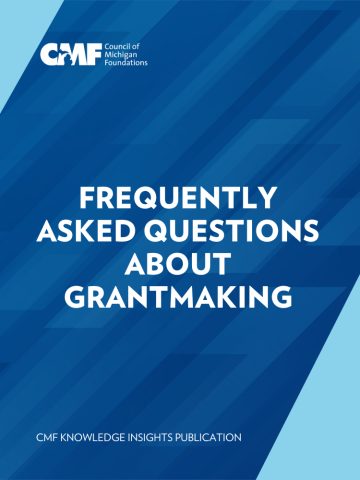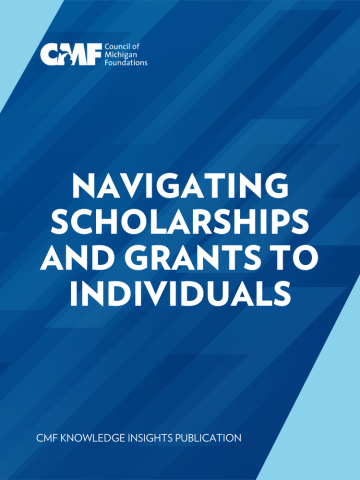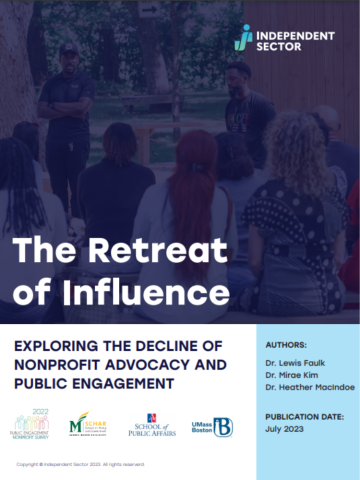FAQs about Grantmaking

This resource provides guidance for foundations on making grants to a variety of institution types, informed by frequently asked questions submitted via Ask CMF. While grantmakers are automatically allowed to make grants to public charities (501(c)(3) organizations), they may or may not have the infrastructure in place to make grants to other institutions, such as businesses, individuals or other non-501(c)(3) organizations. Some of the categories of grantmaking described in this resource are relatively rare or impermissible for certain types of grantmakers, as designated in the comparative chart and descriptive sections of this document.

